Traveling opens up a world of new experiences, cultures, and of course, shopping opportunities. Souvenirs and local specialties often serve as tangible memories of our journeys, but not all are created equal. While the allure of bringing home a piece of your destination is strong, many travelers fall into the trap of purchasing items that are overpriced, low quality, or simply not worth the hassle. Being an informed shopper can save you money, luggage space, and disappointment. This guide delves into the types of travel purchases that often leave buyers regretting their decisions, helping you navigate the vibrant but sometimes tricky world of travel shopping.
One of the most common pitfalls for travelers is buying mass-produced souvenirs that are marketed as authentic local crafts. In tourist hotspots around the world, from the streets of Paris to the markets of Bangkok, you will find stalls and shops filled with identical items—keychains, magnets, miniature monuments, and T-shirts—all claiming to represent the local culture. The harsh reality is that the vast majority of these items are not made locally. They are often manufactured in bulk in countries with low production costs and then shipped globally to tourist destinations. You might be buying a "souvenir from Rome" that was actually made in a factory thousands of miles away. Not only does this lack authenticity, but it also does little to support the local economy or artisans. The quality is typically poor; the print on that shirt will fade, the magnet will lose its strength, and the trinket will break long before the memory of your trip does. Instead of filling your bag with these generic items, consider seeking out genuine artisan markets or workshops where you can purchase something truly unique and handmade.
Another category of travel purchases that frequently disappoints is luxury goods, particularly counterfeit items. Famous shopping districts known for their "great deals" on designer bags, watches, sunglasses, and clothing are often minefields of fakes. While the initial price tag might seem incredibly appealing compared to the retail price of the authentic item, you are almost certainly getting what you pay for. The quality of counterfeit goods is notoriously subpar. Stitching comes undone, materials feel cheap, "leather" peels, and electronics in fake watches fail quickly. Beyond the quality issue, there are significant ethical and legal concerns. The counterfeit industry is often linked to organized crime and exploitative labor practices. Furthermore, attempting to bring these items back through customs can lead to them being confiscated and potentially result in fines. The brief thrill of owning a "designer" item is far outweighed by the rapid disappointment and the ethical baggage that comes with it.
Food and drink specialties seem like a natural and delightful purchase, but they can be surprisingly problematic. The first issue is practicality. Many countries have strict agricultural and food import restrictions to prevent the spread of pests and diseases. That beautiful piece of exotic fruit, artisanal cheese, or unique cured meat you bought at a local market might be confiscated and destroyed by border agents upon your return home. This not only wastes your money but can also result in a fine. Even if you manage to get it home, the quality may have severely degraded during travel. Secondly, many "local" food products sold in tourist areas are not the authentic, high-quality versions you might find in a local's home. They are often produced on a mass scale for tourists, with lower-quality ingredients and preservatives to give them a longer shelf life. That "famous" local spice blend or sauce might taste nothing like the one used in the restaurant you loved. A better strategy is to enjoy these culinary delights during your trip and perhaps buy a cookbook or take a cooking class to learn how to recreate the flavors at home with ingredients from your local international market.
The world of "traditional" medicines, potions, and animal products is perhaps the most ethically and legally fraught shopping category for travelers. In many parts of the world, you may encounter markets selling items derived from endangered animals, such as ivory, rhino horn, shahtoosh wool, or certain traditional medicines containing tiger bone or bear bile. Purchasing these items is not only devastating for conservation efforts but is also highly illegal under international treaties like CITES (the Convention on International Trade in Endangered Species). Getting caught with such items can lead to severe penalties, including massive fines and imprisonment. Even if an item is presented as a antique or "pre-ban," the documentation required to legally export and import it is complex and rarely in the possession of a market stall vendor. Beyond the legal and ethical nightmares, there is also the risk of these products being outright fakes, leaving you with a worthless item and a guilty conscience. It is best to admire wildlife from a distance and never purchase products made from endangered species.
Lastly, be wary of oversized, fragile, or otherwise impractical souvenirs. That life-sized replica of a Roman gladiator's helmet or a beautifully delicate ceramic vase might look stunning in a shop overseas, but the reality of transporting it home is a different story. The cost of shipping large items can be exorbitant, often exceeding the value of the item itself. Even if you decide to carry it, you risk damage in transit from the rough handling of luggage. Many a traveler has arrived home to find a beloved souvenir shattered into pieces. Furthermore, once home, you might find that the item doesn't fit your décor or that the novelty wears off quickly, leaving you with a large, dust-collecting object that serves as a reminder of a poor purchasing decision rather than a wonderful trip. Always consider the logistics of getting your purchase home safely and whether you will truly value it in the long term before handing over your cash.
In conclusion, the joy of travel shopping should come from finding meaningful, high-quality items that genuinely reflect the culture you are visiting. By avoiding mass-produced trinkets, counterfeit goods, problematic food items, illegal wildlife products, and impractical souvenirs, you can ensure your travel purchases bring you lasting happiness instead of regret. The best souvenirs are often the memories and photos, but if you do shop, do so thoughtfully. Seek out authentic artisans, ask questions about origin and manufacture, and always prioritize quality and sustainability over a quick, cheap thrill. Your wallet, your conscience, and your future self will thank you for it.
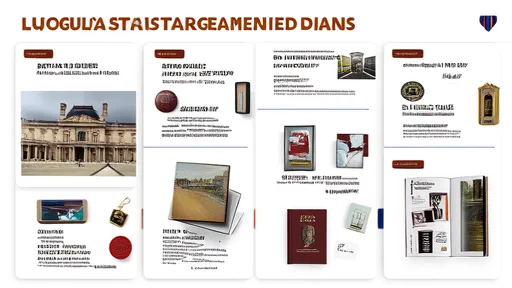
By /Aug 22, 2025
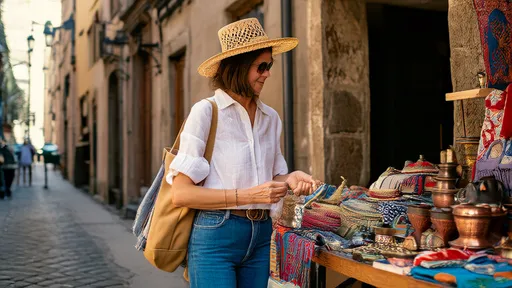
By /Aug 22, 2025

By /Aug 22, 2025
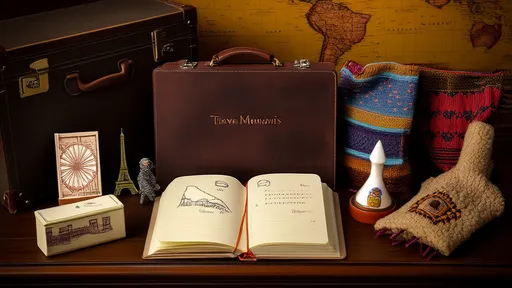
By /Aug 22, 2025

By /Aug 22, 2025
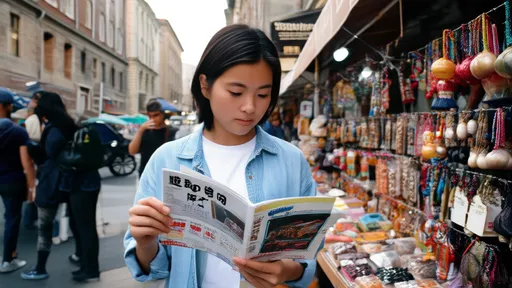
By /Aug 22, 2025

By /Aug 22, 2025

By /Aug 22, 2025

By /Aug 22, 2025

By /Aug 22, 2025

By /Aug 22, 2025

By /Aug 22, 2025
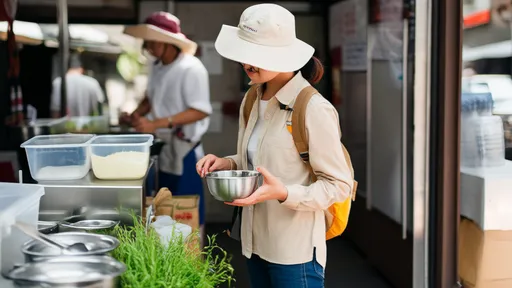
By /Aug 22, 2025
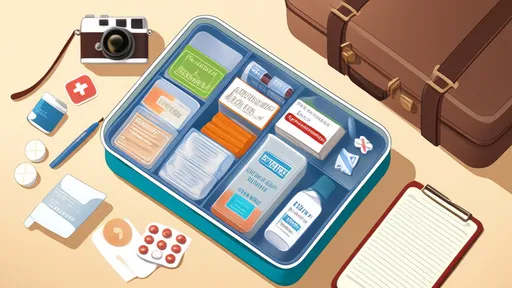
By /Aug 22, 2025

By /Aug 22, 2025

By /Aug 22, 2025

By /Aug 22, 2025
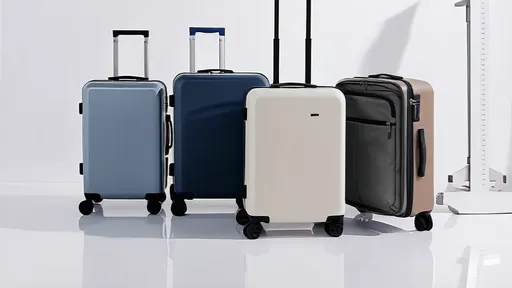
By /Aug 22, 2025

By /Aug 22, 2025
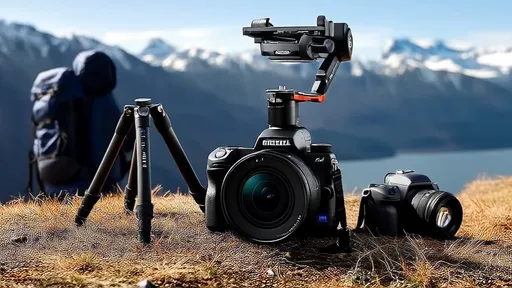
By /Aug 22, 2025